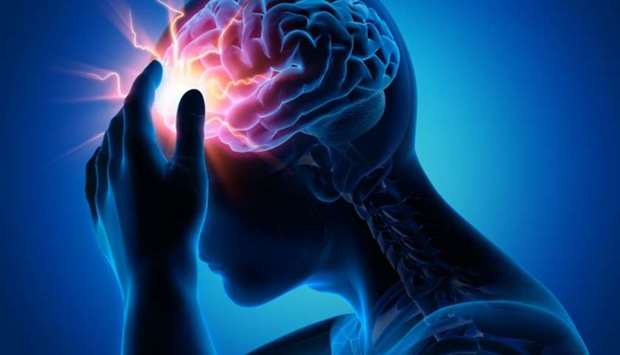A stroke occurs when the blood supply to the brain is interrupted or reduced, depriving the brain of oxygen and nutrients, which can cause brain cells to die. A stroke may be caused by a blocked artery (ischemic stroke) or the leaking or bursting of a blood vessel (hemorrhagic stroke).
During sessions held in English and Arabic, family members were taught the benefits of stroke management at home. They listened to lectures from healthcare professionals and were encouraged to ask questions.
The workshop covered a range of topics that are important for the ongoing care and treatment of stroke patients, including speech therapy, physiotherapy, and occupational therapy – all of which were designed to aid the patient in regaining faculties that may have been impaired as a result of a stroke. The educational event was organised by the HCCS’s Education Department and led by its education director, Fatima al-Haddad and her team.
“The main purpose of organising this workshop for family members who look after their loved ones that have suffered a stroke is to equip them with the right skills and expertise that will help the patients toward their rehabilitation. We also want to highlight that patients have options – they can live at home and receive rehabilitation services from visiting professionals or if they are well enough, from outpatient clinics. An important advantage of home programmes is that patients learn skills in the same, familiar place where they will use them,” stated al- Haddad.
Also included in the workshop was an introduction to improving the quality of care of people who had a stroke; learning more about the risk factors and how to manage them; explanations of the current guidelines to achieve best practice in lifestyle and pharmacological interventions, and discussing the importance of integration with private nursing agencies.
Presentations were given by Gehan Mohamed, a nursing educator and Daniel Kelly, director of nursing education. Similar activities are planned for the future.

stroke
A multidisciplinary group of educators from Hamad Medical Corporation’s Home Healthcare Service (HCCS) recently hosted a workshop for family members who care for patients who have experienced a stroke.
